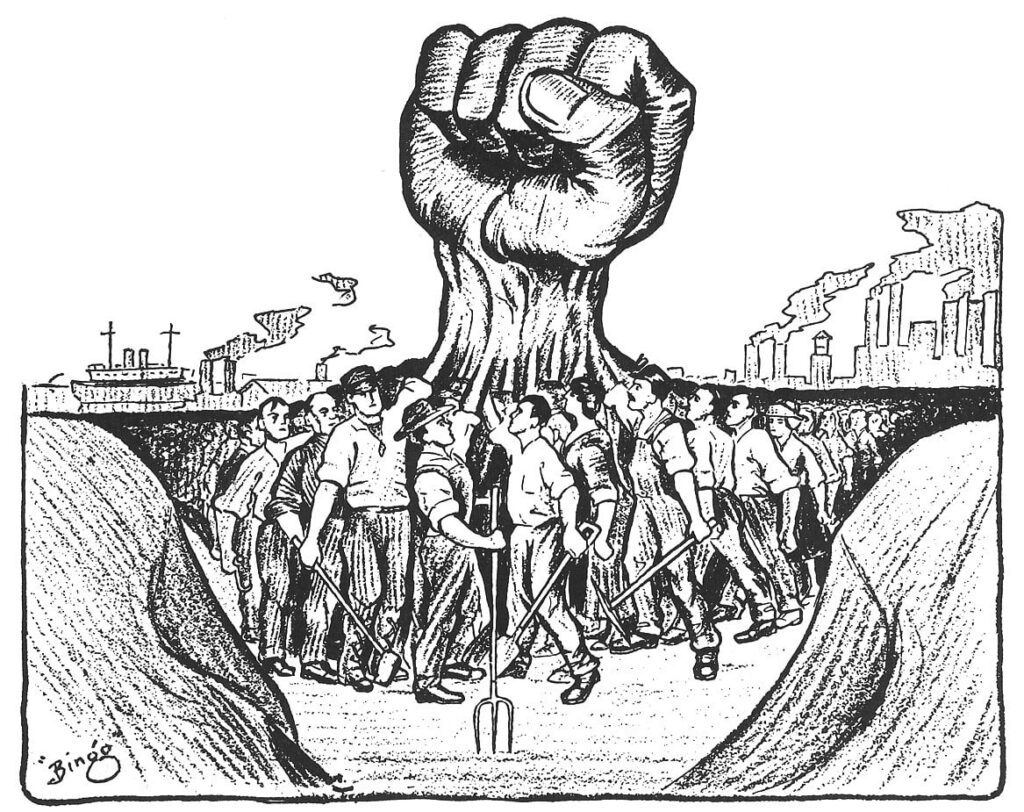AS ONE
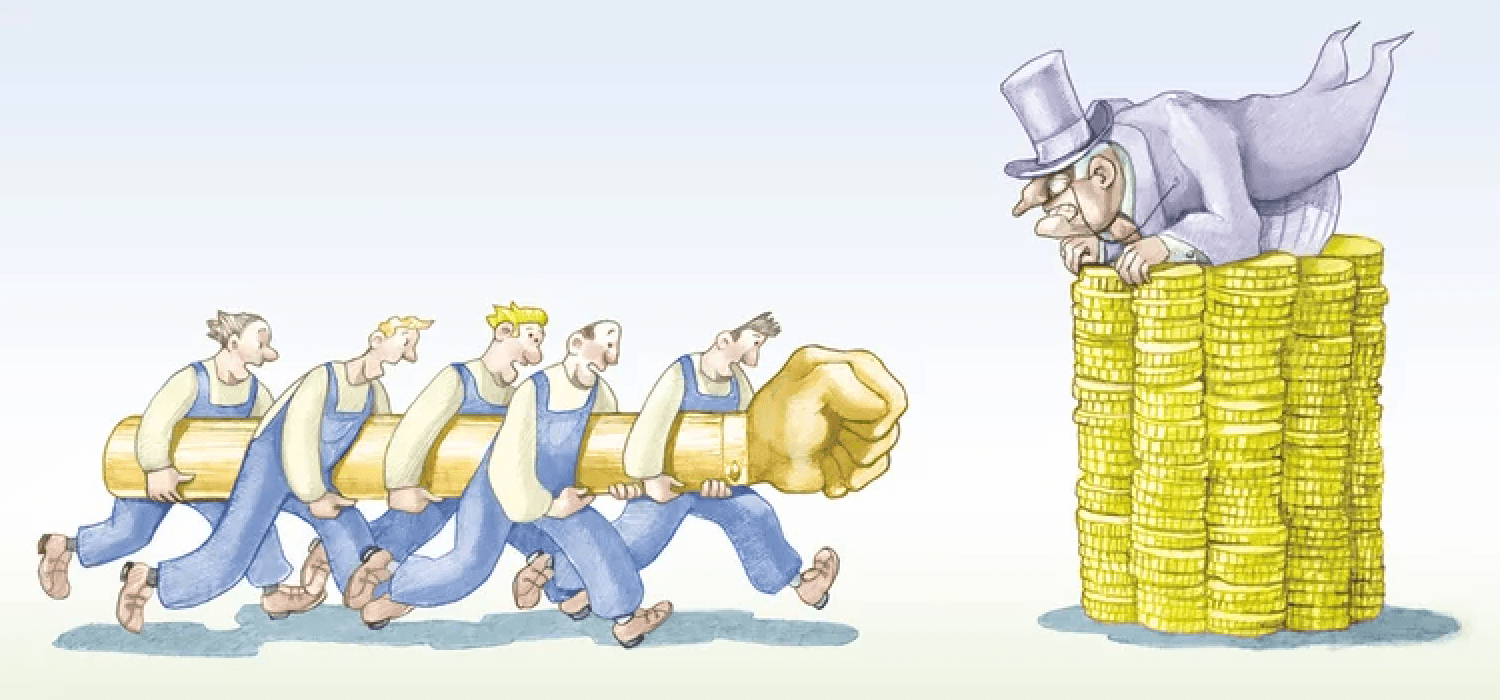
I got asked some poignant questions regarding pay rates for DJs by an Instagram follower recently and I’ve decided to share the conversation with you all. I chose to do so for no other reason than to help those of you who are struggling to acquire adequate pay from DJ residences to deepen their understanding of how to increase your income from DJing.
“I’ve been playing for a little over 15 years now, about 4-5 gigs a week. My money has been running a bit light as of late but I get too nervous to negotiate based on the strength of the family I’ve become accustomed to from those residencies. My question to you is, is it better to turn down gigs you feel are not meeting your worth or do them anyway because that’s money in the bank you wouldn’t get otherwise had you turned the gig down?” My response to this question is always the same. If you’re a parent and have mouths to feed, then do what must be done to meet your responsibilities. But if the only person dependent on you is you, stand your ground.
The person followed up by enquiring what my feelings were concerning signing with a booking agency or working independently. I’ve experienced both. If selling yourself isn’t your cup of tea, paying a surrogate commission of your earnings to acquire gigs and negotiate pay scales on your behalf makes perfect sense.
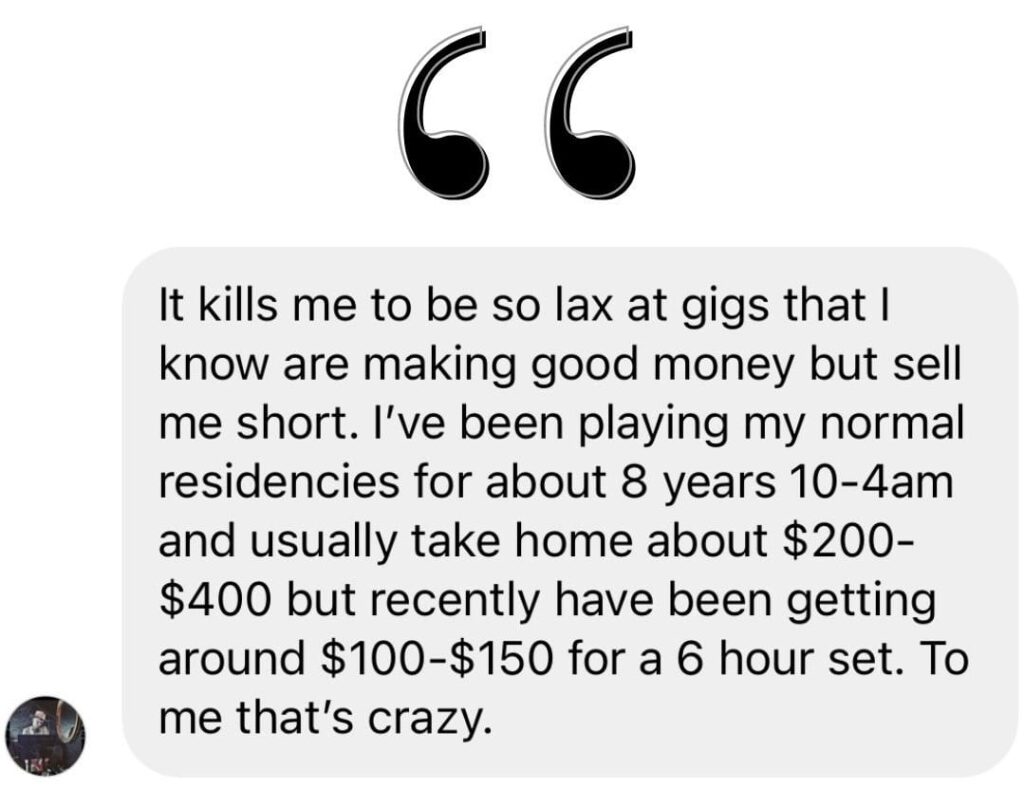
If you’re earning $100-$150 for a 6 hour set as of late it’s because of the influx of post-lockdown TikTok DJs into the nightclub industry. Veteran club DJs are now competing with rookies who are willing to rock for 6 hours in exchange for $100 and drink tickets. Averaging $25 per hour to DJ a period of 6 hours is labor abuse and there’s no place for that kind of exploitation in an industry that’s generating billions of dollars.
You teach people how to treat you. Personally speaking I wouldn’t even allow a friend to pay me that little for a 6 hour set, let alone some bar manager or promoter. Leaving a nightclub that’s generating 6 figures on the night you DJ with $150 in your pocket is akin to working in sweatshop conditions. Unfortunately, exploiting DJs has been a common occurrence since the record industry gained control of Hip-Hop culture though.
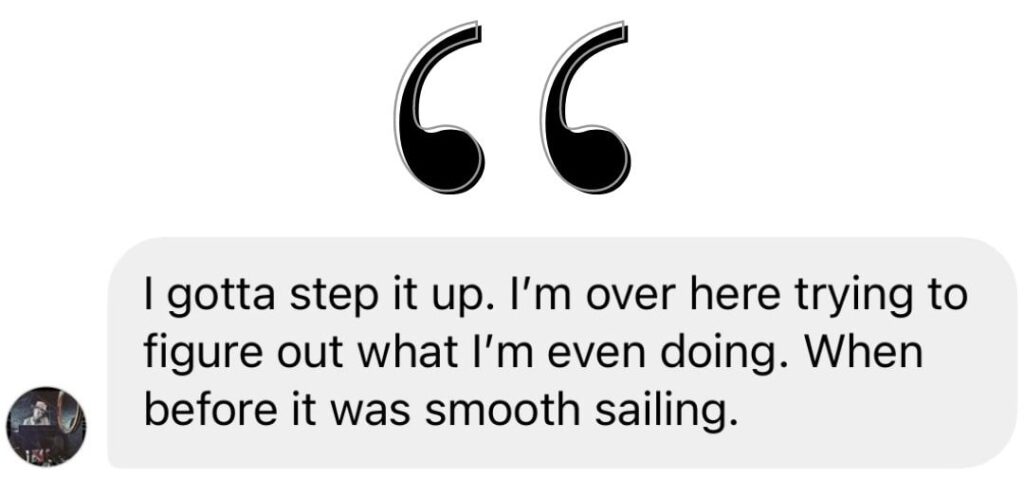
Start considering working with other DJs to promote your own parties. This will immediately put a stop to the exploitation DJs are experiencing at nightclubs and bars throughout the country. In the 1990s, when Rappers started taking instant Replay machines on tour instead of DJs, DJ crews like the X-Men, Invisibl Skratch Piklz and Beat Junkies took matters in their own hands. We booked our own shows, tours, etc., and to this day our brands generate passive income based off work we did 30 years ago. Never forget, DJing is supposed to be fun but when you’re hired to play at a venue it becomes a business.
♈ ♈ ♈
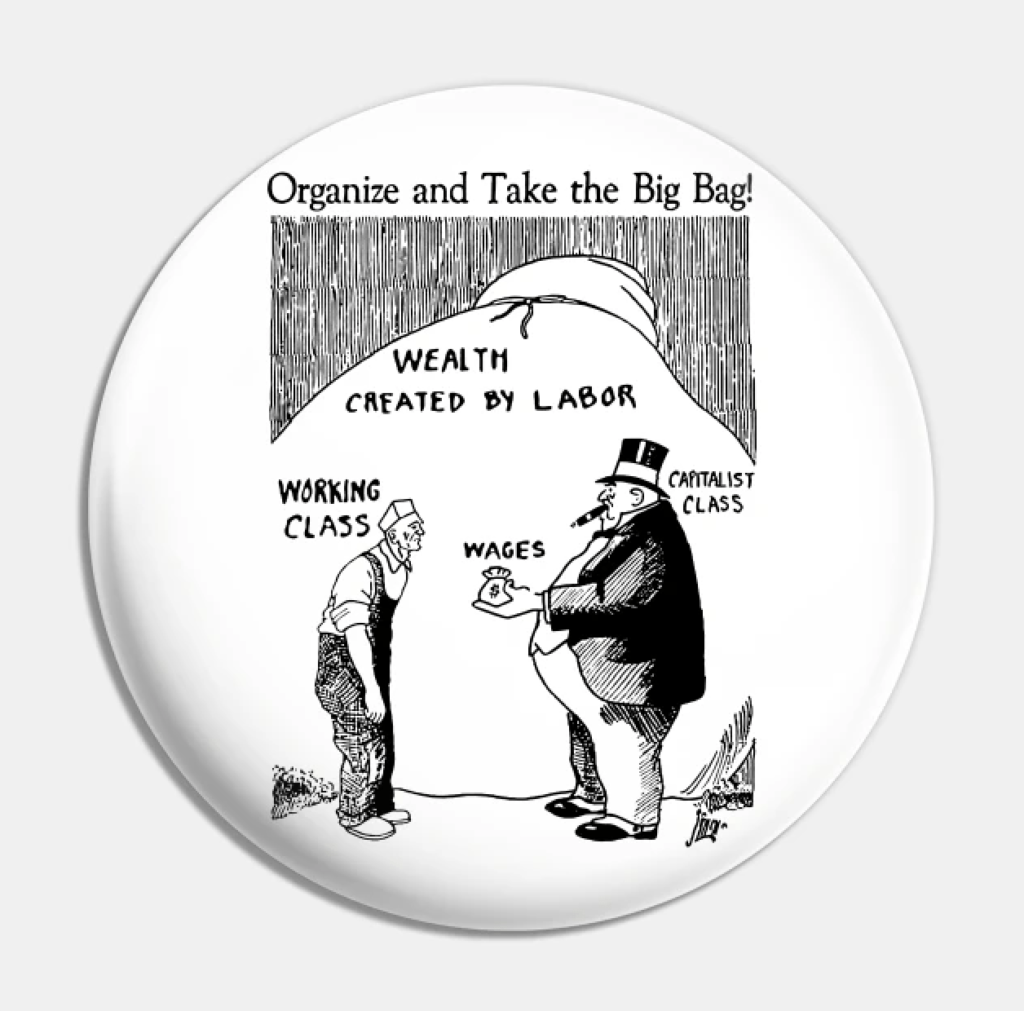
DJs! It’s OK to raise your pay rates. The craft of DJing is more popular in the entertainment industry today than ever before so your pay should proportionately reflect that.
I understand DJs historically are used to undervaluing themselves and when someone like me pushes them to ask for more, fear floods in. “What if the venue says no, or what happens to my residency if they take their business elsewhere?” It’s that uncertainty that scares y’all into underquoting. Undercutting fellow DJs and yourself may land you a bunch of residencies throughout the month by being “easy to deal with,” yes. But in allowing oneself to be lowballed, you’re still losing out on a lot of potential revenue. It makes more sense to earn $500 a week from one venue that pays you to DJ Friday nights from 8pm to 2am, than $600 total pay from 4 separate clubs spread across one month. Doesn’t it?
The next time you’re about to set a pay rate for your DJ services, do these 3 things:
1. Feel out the place.
Ultimately as a DJ, you should charge based upon how much money is being generated by the venue you’re DJing at. Not necessarily how many hours you’re working! For example, if the establishment you plan on rocking offers table service at $300 a pop, a guarantee of $100 per hour is more than fair. Tax them at an hourly rate of about 35% of what they charge for table service.
2. What will your net income be after your expenses to DJ said gig or event?
If you’re driving to the location you’re spending money on gas. Assuming you don’t own a vehicle and can’t drive to your parties, you might be setting aside a weekly Uber budget. Don’t be afraid to tack on your expenses for getting to and from because if a venue is pledging you’ll walk away with $200 by the end of the night, are you really after it’s all said and done?
3. Never accept the first price offer.
Do not settle for the rate a bar manager pitches during negotiations. This also goes for when promoters or venues offer you a guarantee for a one-off appearance. If they pitch you $200 a night, ask for $400 without trepidation. You’ll most likely settle at $300.
Collective action is the language of power DJs. Make your voices heard as one!
